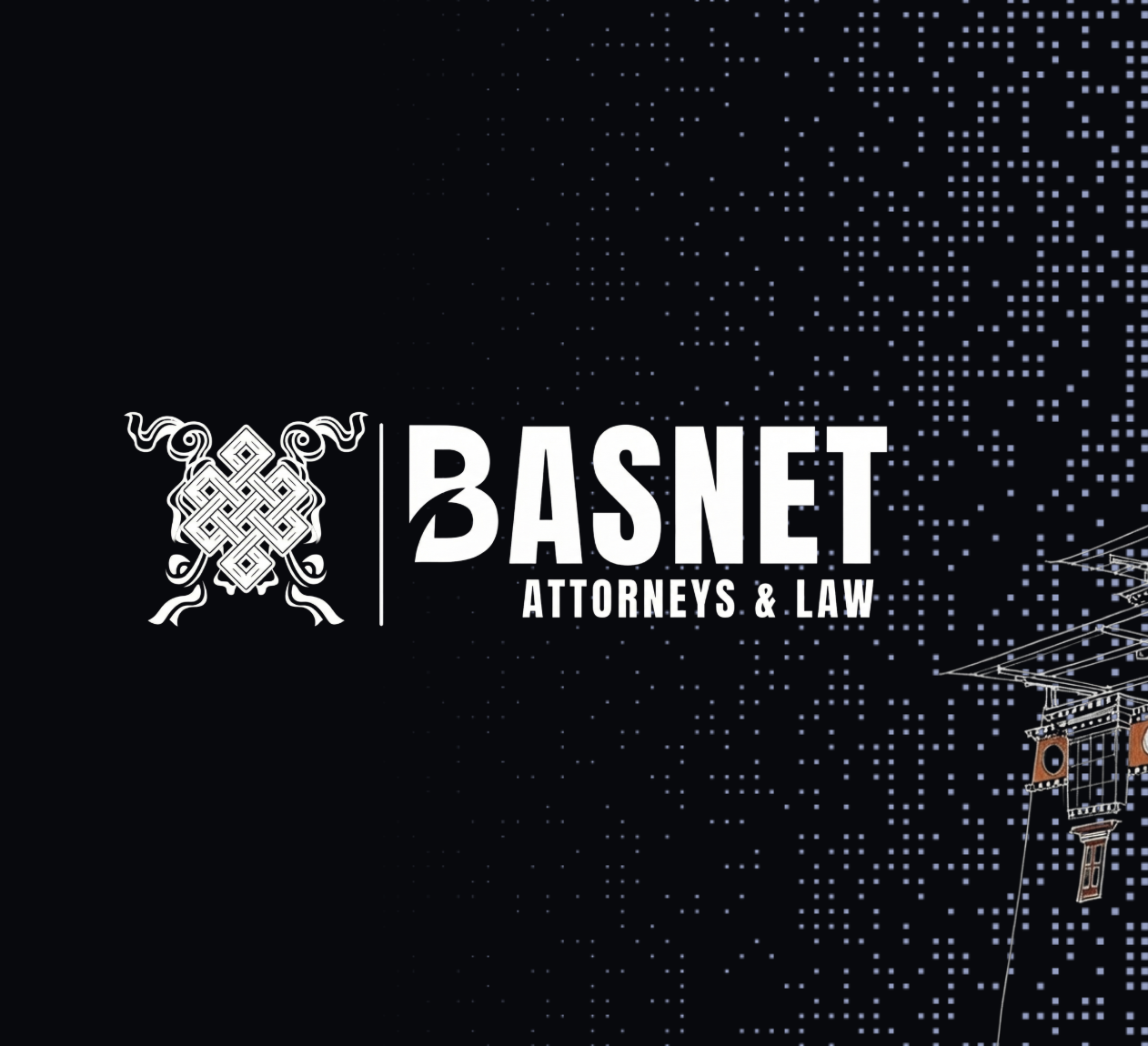Best Financial Services Regulation Lawyers in Bhutan
Share your needs with us, get contacted by law firms.
Free. Takes 2 min.
Or refine your search by selecting a city:
List of the best lawyers in Bhutan

Basnet Attorneys and Law - A Premier law Firm in Bhutan
15 minutes Free ConsultationAbout Financial Services Regulation Law in Bhutan
Financial Services Regulation in Bhutan is governed by a network of laws and bylaws aimed at ensuring the stability and integrity of the financial system. The Royal Monetary Authority (RMA) of Bhutan acts as the primary regulatory body overseeing the banking sector, insurance companies, securities firms, and other financial institutions. The regulation is designed to protect customers, ensure fair banking practices, and foster a financially stable environment. Key legislation includes the Financial Services Act of Bhutan and various guidelines issued by the RMA.
Why You May Need a Lawyer
Individuals and businesses may require legal assistance in Financial Services Regulation in a number of scenarios, such as:
- Navigating complex compliance requirements set by the RMA.
- Establishing new financial entities or branches in Bhutan.
- Handling disputes involving financial contracts or transactions.
- Addressing issues with regard to licensing and registration of financial entities.
- Advising on mergers and acquisitions involving financial institutions.
- Interpreting regulations affecting cross-border financial services and transactions.
Local Laws Overview
Financial Services Regulation in Bhutan covers several key areas, including:
- Licensing and Supervision: All financial service providers must obtain proper licensing from the RMA and undergo periodic supervision to ensure compliance with laws and regulations.
- Consumer Protection: Laws are in place to protect the rights and interests of consumers within the financial system.
- Anti-Money Laundering: Strict guidelines and compliance mechanisms have been established to prevent money laundering and the financing of terrorism.
- Payment Systems: Regulations govern the operations and safety of payment systems, including electronic transfer and digital financial services.
- Corporate Governance: Financial institutions must adhere to robust corporate governance practices to ensure accountability and transparency.
Frequently Asked Questions
What is the role of the Royal Monetary Authority in Bhutan's financial sector?
The RMA is the central bank of Bhutan and the primary regulatory authority overseeing the country's financial services sector. It formulates monetary policies, supervises financial institutions, and ensures financial stability.
Is internet banking regulated in Bhutan?
Yes, internet banking services are regulated by the RMA to ensure security, transparency, and efficiency. Financial institutions offering these services must follow specific guidelines concerning technology, security, and operations.
What steps should a new financial institution take to operate in Bhutan?
New financial institutions must first obtain the necessary licenses from the RMA, demonstrate financial viability, adhere to RMA regulations, establish proper corporate governance structures, and follow anti-money laundering protocols.
Are foreign financial institutions allowed to operate in Bhutan?
Foreign financial institutions can operate in Bhutan but must comply with local regulations and secure the appropriate licenses and approvals from the RMA.
What consumer protection measures are in place in the Bhutanese financial sector?
Laws exist to ensure fair treatment of consumers, enforce the transparency of financial products and services, and resolve grievances efficiently.
How does Bhutan tackle money laundering and terrorism financing?
Bhutan has comprehensive anti-money laundering laws and monitoring systems to detect and prevent illicit financial activities, in compliance with international standards.
What should I do if I have a complaint against a financial institution?
Complaints should first be addressed to the concerned financial institution. If unsolved, they can be escalated to the Consumer Protection Division of the RMA.
Does the RMA regulate insurance companies in Bhutan?
Yes, the RMA regulates insurance companies to ensure they maintain sound financial practices and comply with legal mandates.
What areas are covered under Corporate Governance for financial services?
Corporate governance in Bhutan's financial sector includes oversight of financial reporting, risk management, and ensuring that directors act in the best interests of stakeholders.
Can Bhutanese citizens invest in foreign financial products?
Bhutanese citizens must comply with RMA guidelines and approvals concerning foreign investments, which may involve certain restrictions.
Additional Resources
For more information and guidance, consider reaching out to the following:
- Royal Monetary Authority (RMA) of Bhutan
- Ministry of Finance, Bhutan
- Bhutan Chamber of Commerce & Industry (BCCI)
- Consumer Protection Division of the RMA
Next Steps
If you require legal assistance with Financial Services Regulation in Bhutan, consider the following steps:
- Consult with a lawyer specializing in financial services regulation within Bhutan to understand your rights and obligations.
- Visit the RMA for detailed regulatory guidelines and advice on compliance issues.
- Gather all necessary documents related to your query or issue for a streamlined consultation.
- Consider joining industry associations or professional networks for ongoing support and knowledge sharing.
Lawzana helps you find the best lawyers and law firms in Bhutan through a curated and pre-screened list of qualified legal professionals. Our platform offers rankings and detailed profiles of attorneys and law firms, allowing you to compare based on practice areas, including Financial Services Regulation, experience, and client feedback.
Each profile includes a description of the firm's areas of practice, client reviews, team members and partners, year of establishment, spoken languages, office locations, contact information, social media presence, and any published articles or resources. Most firms on our platform speak English and are experienced in both local and international legal matters.
Get a quote from top-rated law firms in Bhutan — quickly, securely, and without unnecessary hassle.
Disclaimer:
The information provided on this page is for general informational purposes only and does not constitute legal advice. While we strive to ensure the accuracy and relevance of the content, legal information may change over time, and interpretations of the law can vary. You should always consult with a qualified legal professional for advice specific to your situation.
We disclaim all liability for actions taken or not taken based on the content of this page. If you believe any information is incorrect or outdated, please contact us, and we will review and update it where appropriate.
Browse financial services regulation law firms by city in Bhutan
Refine your search by selecting a city.









